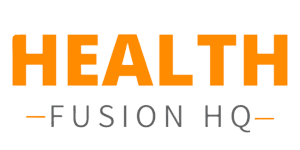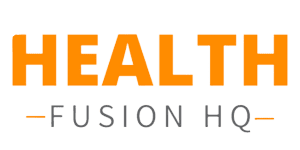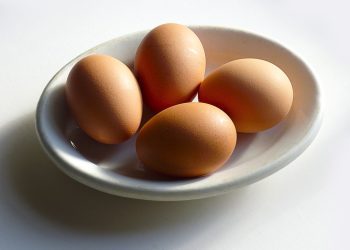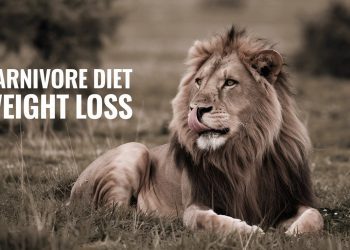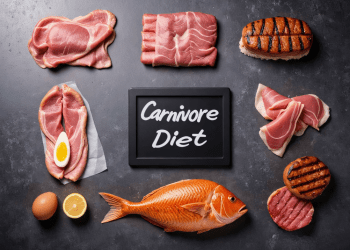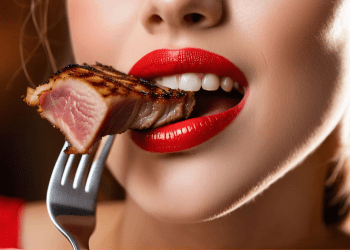Master the egg fast rules, benefits, and practical tips to make your weight loss journey more sufficient, healthier, and a whole lot easier. The Egg Fast is a unique dietary plan that has gained popularity in recent years, particularly among individuals who follow low-carb and ketogenic diets. The primary focus of the Egg Fast is to consume eggs, cheese, and butter, which are high in protein and healthy fats. The term “egg fast rules” refers to the guidelines that govern this diet plan. The rules are designed to maximize the benefits of the diet while ensuring that participants maintain a balanced nutritional intake.
The Egg Fast is typically followed for a short period, usually between three to five days. This is because it is a highly restrictive diet that limits the consumption of carbohydrates and emphasizes the intake of proteins and fats. The primary goal of the Egg Fast is to stimulate the body’s metabolism and encourage it to burn fat for energy, a state known as ketosis. This can result in rapid weight loss and a reduction in water retention. However, it’s important to note that while Egg Fast can lead to quick weight loss, it’s not a long-term solution for weight management.
| Key Takeaways |
| The Egg Fast is a short-term diet plan focused on consuming eggs, cheese, and butter. |
| The basic rules Egg Fast rules include eating whole eggs as the main source of protein, consuming 1 tablespoon of butter or healthy fat per egg, and eating a full egg within 30 minutes of waking up. |
| Variations of the Egg Fast can be tailored to individual needs and dietary preferences. |
| Benefits of the Egg Fast include the potential for rapid weight loss, reduced abdominal bloat, increased energy levels, improved mental focus, and reduced cravings for sugar and carbohydrates. |
| Potential drawbacks include the restrictive nature of the diet, the risk of nutrient deficiencies, and the possibility of constipation due to low fiber content. |
| A sample Egg Fast menu includes an omelet for breakfast, cheese for a snack, deviled eggs for lunch, and fried eggs for dinner. |
| Important considerations while on the Egg Fast include staying hydrated, maintaining electrolyte balance with pink salt, taking supplements like collagen, and avoiding alcohol. |
| The quality of eggs used in the Egg Fast can impact the nutritional value of the diet. Farm-raised, pasture-raised, or free-range eggs are recommended. |
| Incorporating variety into Egg Fast can help prevent boredom and make the diet more enjoyable. This can be achieved by experimenting with different ways of cooking eggs and trying different egg-based recipes. |
| The Egg Fast is not a long-term solution for weight management. It should be approached with care and always under the guidance of a healthcare professional. |
Basic Rules of the Egg Fast
The basic egg fast rules are relatively straightforward. The first rule is that eggs, as the name suggests, are the main source of protein in the diet. Participants are encouraged to consume whole eggs, which provide a rich source of protein and essential nutrients.
The second rule involves the consumption of healthy fats. For each egg consumed, participants should also consume one tablespoon of butter or another healthy fat. This helps to ensure that the body receives enough fat to enter a state of ketosis, where it burns fat for energy instead of carbohydrates.
The third rule is that participants should eat a full egg within 30 minutes of waking up. This helps to kickstart the metabolism and begin the fat-burning process. Additionally, participants should aim to eat at least one egg-based meal every three to five hours. This helps to keep the metabolism active and prevents feelings of hunger or deprivation.
The final rule is that participants should stop eating three hours before bedtime. This allows the body to fully digest the last meal before going into rest mode during sleep.
Variations of the Egg Fast
While the basic egg fast rules provide a solid framework for the diet, there are several variations that individuals can explore based on their personal needs and dietary preferences. For example, some people may choose to omit cheese from their diet if they have an inflammatory response to dairy products.
Others may choose to include heavy cream in their diet, despite it not being a traditional part of the egg fast rules. Heavy cream is high in fat and can help to increase feelings of satiety, making it easier to stick to the diet.
These variations highlight the flexibility of the egg fast rules and demonstrate that the diet can be tailored to meet individual needs and goals. However, any modifications should still align with the basic principles of egg fast, namely the focus on high protein and fat consumption.
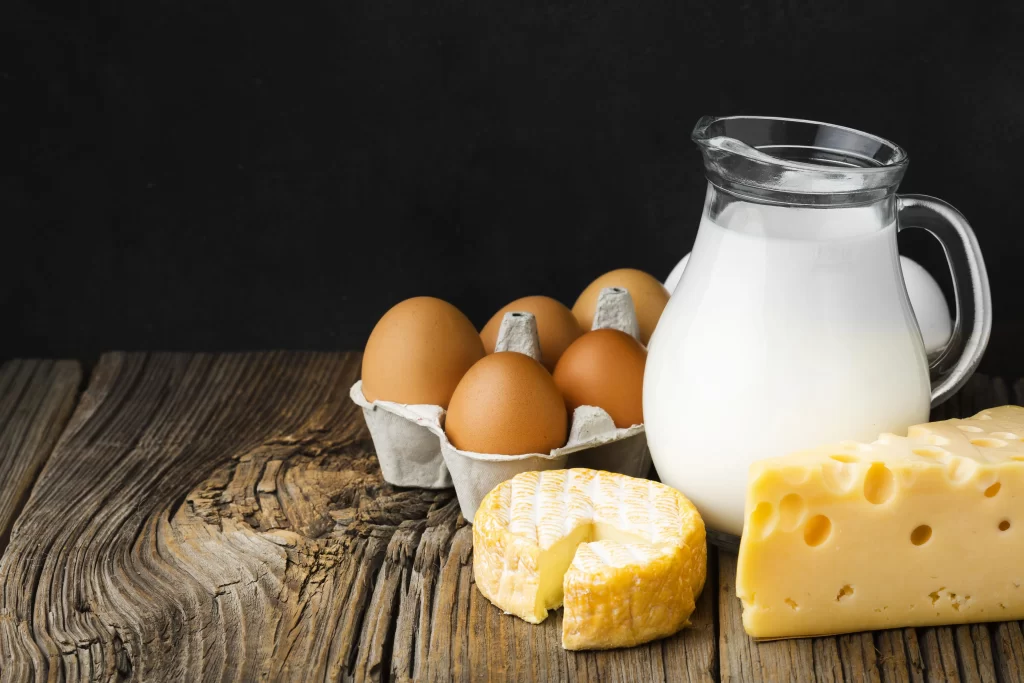
Benefits of the Egg Fast
Following the egg-fast rules can offer several potential benefits. One of the most notable benefits is the potential for rapid weight loss. By limiting carbohydrate intake and focusing on high-protein and high-fat foods, the body is forced to burn stored fat for energy, leading to weight loss.
Another benefit of egg fast is that it may help to reduce abdominal bloat. Many people report feeling less bloated after following the egg fast rules for a few days. This is likely due to the low carbohydrate content of the diet, which can help to reduce water retention.
The egg fast can also boost energy levels and improve mental focus. When the body enters a state of ketosis, it begins to burn fat for energy. This can lead to increased energy levels and improved mental clarity. Furthermore, the high protein content of the diet can help to stabilize blood sugar levels, which can also contribute to improved energy and focus.
Lastly, egg fast can help to reduce cravings for sugar and carbohydrates. By eliminating these foods from the diet, the body can begin to adjust to a lower carbohydrate intake, which can help to reduce cravings over time.
Potential Drawbacks of the Egg Fast
Despite the potential benefits, there are also some potential drawbacks to consider when following the egg-fast rules. One of the main drawbacks is the restrictive nature of the diet. With a limited variety of foods allowed, some people may find the egg fast difficult to stick to for the recommended duration.
Another potential drawback is the risk of nutrient deficiencies. While eggs are a good source of protein and several essential nutrients, they do not provide all the nutrients the body needs. Therefore, it’s important to ensure that you are meeting your nutritional needs through other means, such as taking a multivitamin or eating a variety of nutrient-dense foods after completing the egg fast.
Overconsumption of eggs could also lead to constipation due to the low fiber content of the diet. To mitigate this, it’s important to drink plenty of water and consider taking a fiber supplement if needed.
Sample Egg Fast Menu
Following the egg fast rules, a typical day on the egg fast might look like this:
Breakfast: An omelet made with three eggs and cooked in three tablespoons of butter.
Snack: A serving of cheese.
Lunch: Three deviled eggs.
Dinner: Three fried eggs cooked in butter.
To add variety and flavor to the diet, you can also include keto-friendly condiments and spices. For example, you could add a sprinkle of everything bagel seasoning to your omelet or a dash of hot sauce to your deviled eggs.
Get some delicious egg fast recipes here: Keto Egg Fast Meal Plan Recipes
Important Considerations for the Egg Fast
While following the egg-fast rules, there are a few important considerations to keep in mind. First, it’s crucial to stay hydrated by drinking plenty of water. This can help to prevent constipation and keep your body functioning optimally.
Including pink salt in your diet can also help to maintain electrolyte balance. This is particularly important when following a low-carb diet like the egg fast, as low-carb diets can often lead to an imbalance in electrolytes.
Taking supplements, such as collagen, can also be beneficial. Collagen can support hair, skin, and joint health, which can be particularly beneficial when following a high-protein diet like the egg fast.
Lastly, it’s important to avoid alcohol while following the egg fast rules. Alcohol can interfere with the process of ketosis and can also lead to dehydration.

Quality of Eggs in the Egg Fast
The quality of eggs used in the egg fast can have a significant impact on the nutritional value of the diet. If possible, opt for farm-raised, pasture-raised, or free-range eggs. These types of eggs are often higher in nutrients compared to regular white eggs.
However, if budget is a concern, regular eggs will suffice. The most important thing is to follow the egg fast rules and consume a high quantity of eggs, regardless of their type.
Incorporating Variety into the Egg Fast
One of the challenges of following the egg fast rules is the potential for boredom due to the limited variety of foods allowed. However, there are many ways to incorporate variety into the egg fast.
For example, you can experiment with different ways of cooking eggs, such as scrambled, boiled, poached, or baked. You can also try different egg-based recipes, such as egg salad, egg shakes, crepes, quiche, and truffles.
Final Thoughts
The Egg Fast is a unique dietary plan that can offer several potential benefits, including rapid weight loss, reduced bloating, increased energy, and improved mental focus. However, it’s important to remember that Egg Fast is not a long-term solution for weight management. It’s a short-term diet plan designed to kickstart weight loss and help individuals break through weight loss plateaus.
The egg fast rules provide a clear framework for the diet, but they also allow for some flexibility to accommodate individual needs and preferences. Whether you choose to follow the basic egg fast rules or opt for a variation of the diet, the most important thing is to listen to your body and make adjustments as needed.
While Egg Fast can be a useful tool for achieving specific health goals, it should be approached with care. Always consult with a healthcare professional before starting any new diet plan, and remember to prioritize balanced nutrition and overall health above all else.
In conclusion, the Egg Fast can be a powerful tool when used correctly. By understanding and following the egg fast rules, individuals can potentially achieve their weight loss goals and enjoy the benefits that this unique diet plan has to offer.
Frequently Asked Questions
Q: What is the Egg Fast?
A: The Egg Fast is a short-term diet plan that involves eating mainly eggs, cheese, and butter. It’s popular among individuals who seek to break through weight loss plateaus, particularly those on ketogenic and low-carb diets.
Q: What are the basic Egg Fast rules?
A: The basic rules of Egg Fast include eating whole eggs as the main source of protein, consuming 1 tablespoon of butter or healthy fat per egg consumed, and eating a full egg within 30 minutes of waking up. Also, eating at least one egg-based meal every three to five hours and stopping eating three hours before bedtime is recommended.
Q: Are there variations to the Egg Fast?
A: Yes, there are variations to the Egg Fast based on individual needs and responses. Some people might omit cheese due to inflammatory responses, while others might include heavy cream due to its high-fat content.
Q: What are the benefits of Egg Fast?
A: The Egg Fast may reduce appetite due to the high protein and fat content of eggs. It can also help break a weight loss plateau, reduce abdominal bloat, boost energy, improve mental focus, and reduce cravings.
Q: Are there any potential drawbacks of the Egg Fast?
A: Yes, Egg Fast is highly restrictive and monotonous, which can make it hard to stick to. Overconsumption of eggs could lead to constipation and nutrient deficiencies.
Q: What does a typical Egg Fast menu look like?
A: A typical day on the Egg Fast might include an omelet made with two to three eggs and cooked in two to three tablespoons of butter for breakfast, some cheese for a snack, two to three deviled eggs for lunch, and two to three fried eggs for dinner.
Q: What are some important considerations while on the Egg Fast?
A: While on the Egg Fast, it’s crucial to stay hydrated by drinking plenty of water. Including pink salt in your diet can help maintain electrolyte balance. Also, consider taking supplements like collagen for hair, skin, and joint health. Avoid alcohol during the Egg Fast to maximize its benefits.
Q: Does the quality of eggs matter in the Egg Fast?
A: Yes, if possible, opt for farm-raised, pasture-raised, or free-range eggs over regular white eggs. They are more nutritious and often taste better. However, if budget is a concern, regular eggs will suffice.
Q: How can I incorporate variety into the Egg Fast?
A: To avoid getting bored with eating eggs all the time, try different egg recipes like egg salad, egg shakes, crepes, quiche, and truffles. The internet is a great resource for finding creative egg-fast recipes.
Q: Is the Egg Fast a long-term solution for weight loss?
A: No, the Egg Fast is not a long-term solution for weight loss or health. Always consult with a healthcare professional before starting any new diet plan, and remember to listen to your body’s signals.
